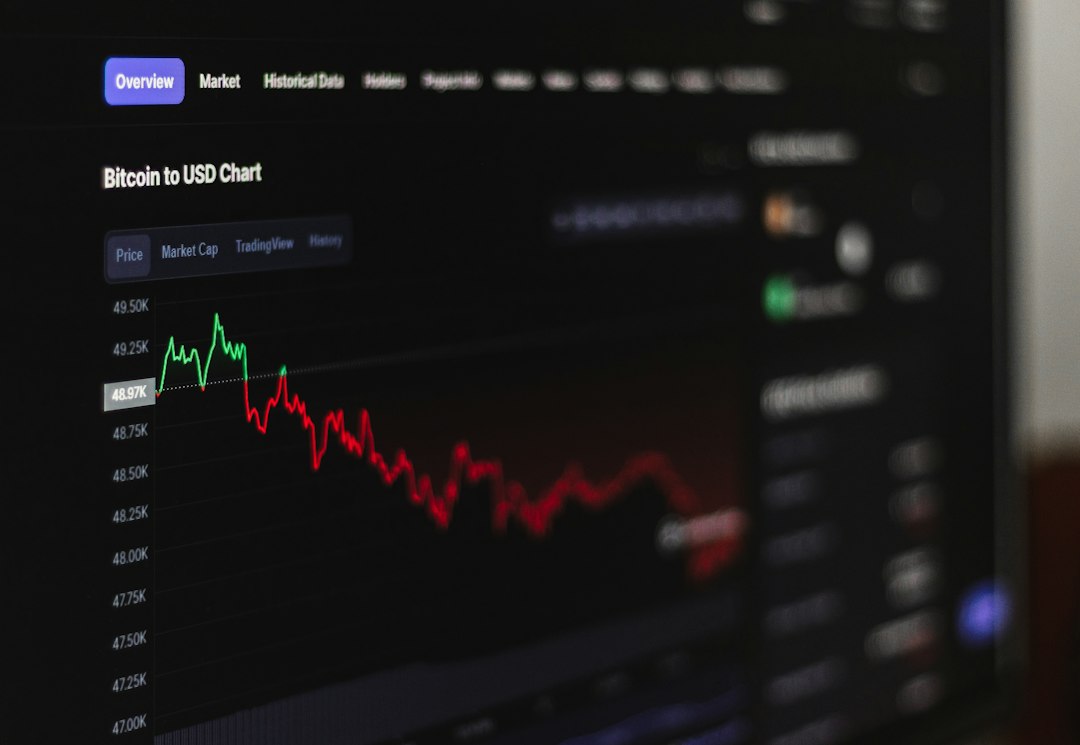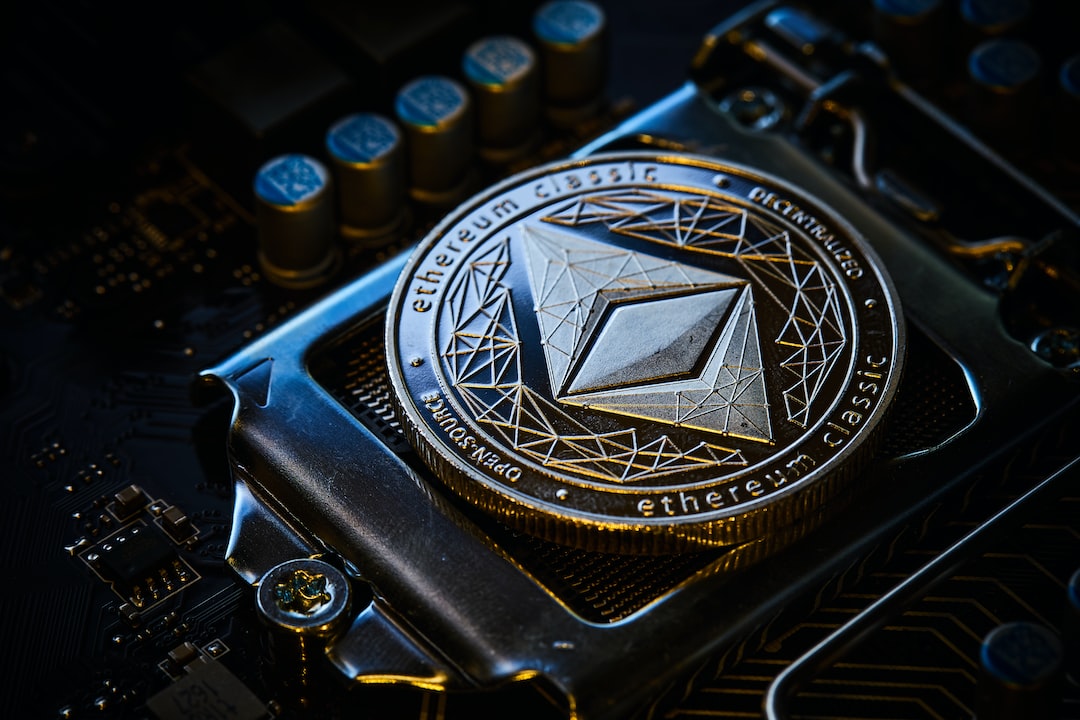Understanding Gas Coin: How It Impacts Ethereum Transaction Fees
If you’ve been involved in the world of cryptocurrency, chances are you’ve heard about Ethereum and its native currency, Ether. However, what you may not be as familiar with is the concept of Gas and its impact on Ethereum transaction fees. In this article, we’ll break down what Gas is, how it affects transaction fees on the Ethereum network, and why it’s essential for anyone looking to understand how Ethereum works.
What Is Gas?
Gas refers to the unit that measures the amount of computational effort required to execute operations or run transactions on the Ethereum network. In simple terms, Gas is the fee you pay to miners in exchange for them including your transaction in a block and adding it to the blockchain. Without Gas, the Ethereum network would not be able to function effectively. It ensures that all transactions are processed efficiently and fairly, without any one user being able to hog all the resources.
How Does Gas Impact Ethereum Transaction Fees?
When you send a transaction on the Ethereum network, you specify how much Gas you’re willing to pay for that transaction to be processed. The higher the Gas price, the more likely miners are to prioritize your transaction and include it in a block quickly. Conversely, if you set a lower Gas price, your transaction may take longer to be confirmed. In essence, Gas is what determines how fast your transactions are processed and how much you’ll pay in fees.
It’s important to note that Gas prices are denominated in Ether (ETH), which means that as the price of Ether fluctuates, so too does the cost of Gas.
Why Understanding Gas Is Essential
Whether you’re a casual user or a developer building decentralized applications on Ethereum, understanding Gas is crucial for several reasons. For everyday users, knowing how Gas impacts transaction fees can help you make informed decisions about how much to pay for faster transactions or when it might be worth waiting for lower fees during times of network congestion.
For developers, understanding Gas is even more critical since they need to optimize their smart contracts and dApps to ensure they consume an appropriate amount of Gas. Failing to do so can result in costly mistakes and inefficient use of resources on the Ethereum network.
The Role of Gas Coin
You may have also come across references to “Gas coin” or “Gas token” in relation to Ethereum. While there isn’t a specific cryptocurrency called “Gas,” these terms are often used colloquially to refer to smaller units of Ether (e.g., Gwei or Wei) that represent fractions of one Ether. These smaller units are used when specifying gas prices for transactions.
How Gas Coin Affects Transaction Fees
When you interact with smart contracts or perform transactions on the Ethereum network, you typically specify a gas limit and gas price. The total cost of a transaction is calculated by multiplying these two values together. The gas limit represents the maximum amount of gas you’re willing to spend on a transaction, while the gas price determines how much Ether you’re willing to pay per unit of gas.
This is where understanding gas coin becomes important because if you don’t set an appropriate gas price, you could end up paying more than necessary for your transactions.
The Impact of Network Congestion
During periods of high network activity or congestion, gas prices tend to increase as users compete for limited block space. This means that if you want your transactions processed quickly during busy times, you may need to set a higher gas price than usual.
Understanding how gas coin affects transaction fees can help you navigate these fluctuations more effectively and avoid overpaying when it’s not necessary.
Frequently Asked Questions About Gas Coin
What happens if I set a low gas price?
- If you set a low gas price for your transaction during periods of high network activity, there’s a chance that miners will prioritize other transactions with higher gas prices before processing yours. This could result in delays in confirming your transactions.
Can I change the gas price after submitting a transaction?
- No, once a transaction has been submitted to the Ethereum network with a specific gas price, it cannot be changed. You would need to create a new transaction with a different gas price if you want it processed more quickly.
Is there a way to estimate an appropriate gas price?
- There are various tools and websites available that provide real-time data on current average gas prices and historical trends. These can help you make more informed decisions about setting appropriate gas prices for your transactions based on current network conditions.
In conclusion, understanding how Gas impacts Ethereum transaction fees is essential for anyone looking to navigate the world of decentralized finance effectively. By grasping concepts like gas coin and how it affects transaction costs, users can make better decisions about their interactions with the Ethereum network.In order to optimize your experience with Ethereum and avoid unnecessary expenses,{” “}you should familiarize yourself with these fundamental concepts around Gas.In conclusion,





 By
By
 By
By

 By
By
 By
By